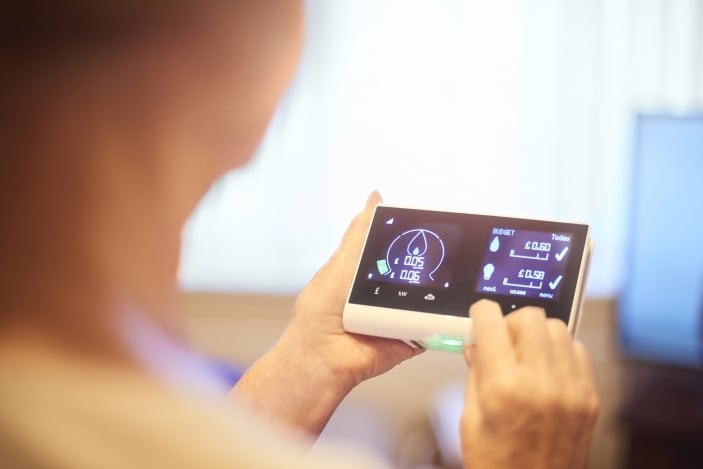The energy as a service model could be the way forward for the UK’s supply market, but it relies heavily on data from smart meters, Shell’s transition manager has said.
Speaking at an All-Party Parliamentary Group meeting, Jo Coleman OBE, UK energy transition manager at Shell, described the changing business models of UK suppliers, saying she “likes to think it will shift to an energy as a service model”.
Shell isn’t the first company to think about the increasingly popular model. Clean energy supplier Good Energy has had the model on its radar for several years.
Under an energy as a service model, instead of paying for kWh, consumers choose a tariff and pay a ‘subscription-like’ fee, much like a phone contract or Netflix subscription.
However, Coleman says that in order for the model to work, greater data on consumer behaviour is needed.
“If we’re going to offer consumers a different service package we have to understand how consumers use energy now.”
One way to access this sort of data is through smart meters. However, installations of smart meters are on the decline, making the UK’s deadline of 2020 seem unlikely to be met.
The energy as a service model goes against the traditional margin model, whereby consumers would use more energy and supplier would take a margin on that energy each year.
Speaking to Current± in 2018, Juliet Davenport, chief executive and founder of Good Energy, said: “The market doesn’t look like that anymore, so you can’t accept that a margin model is going to work in the future.”





